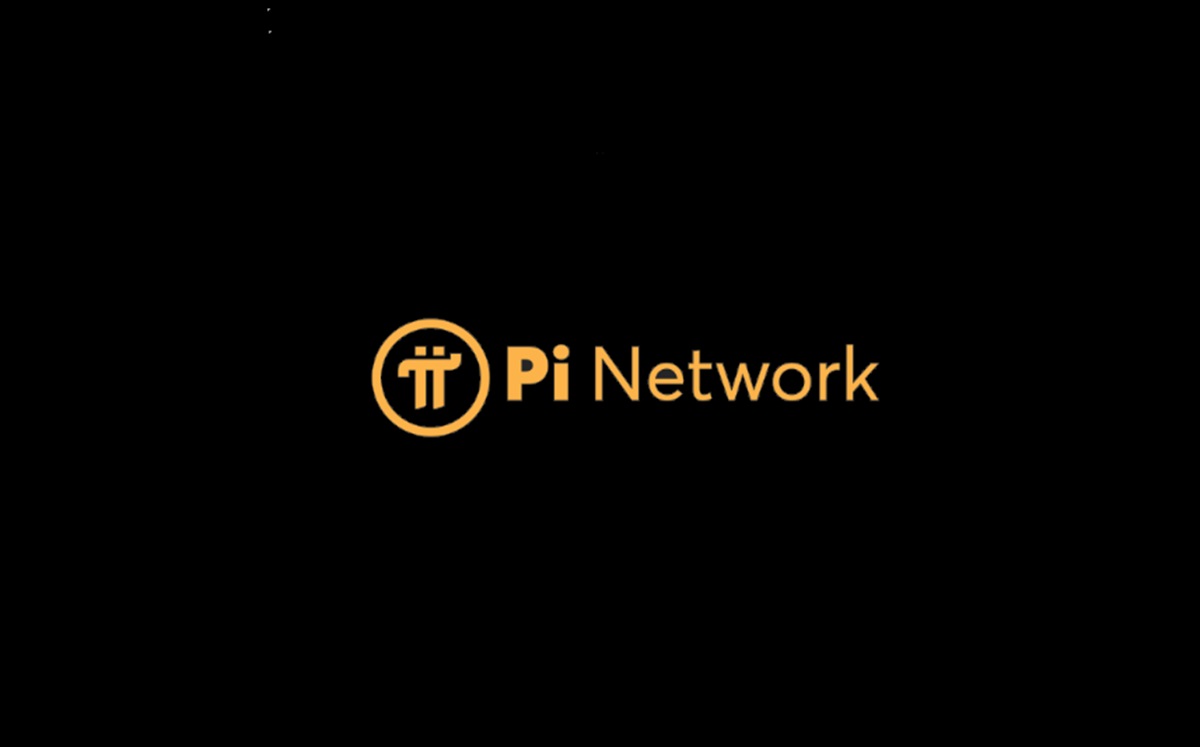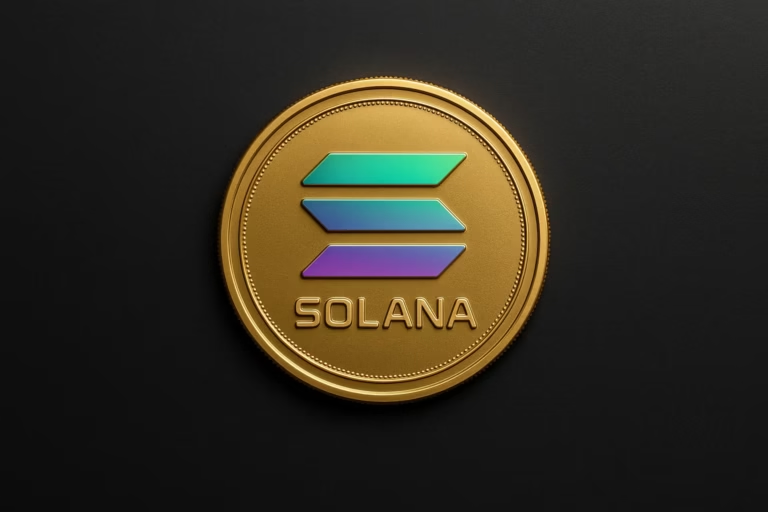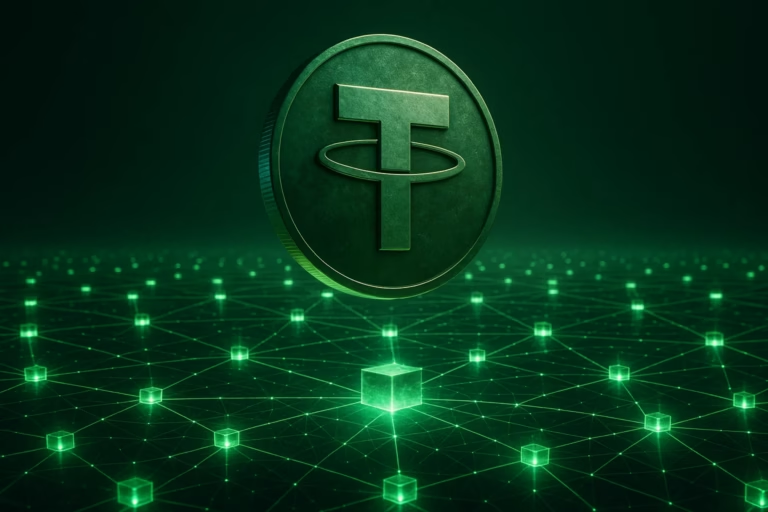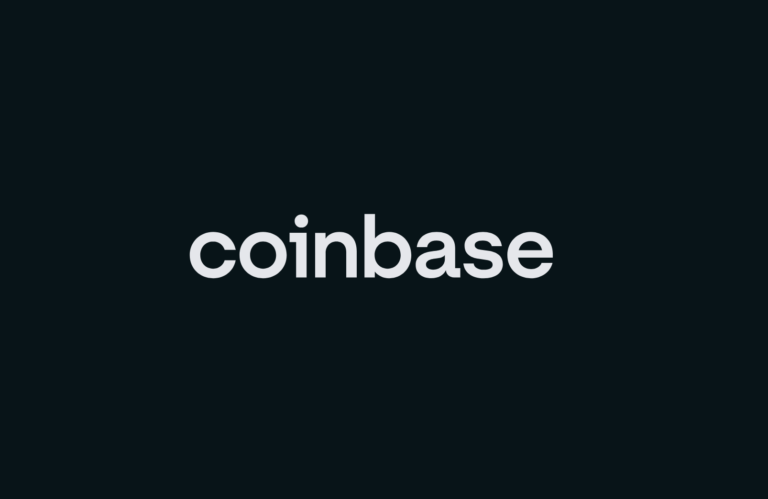
- Pi Network’s upcoming OKX listing has sparked controversy, with users frustrated over years-long KYC verification delays and concerns about the project’s transparency.
- Critics also question its decentralization claims, likening its referral-based system to an MLM scheme, while doubts persist over its legitimacy ahead of the February 20 mainnet launch.
The long-awaited listing of Pi Network on OKX has sparked a heated debate within the crypto community. While some see it as a significant step toward mainstream adoption, others raise serious concerns regarding Know-Your-Customer (KYC) verification, transparency, and the project’s legitimacy.
KYC Verification: A Never-Ending Waiting Game?
Pi Network, a decentralized mining project, has long promoted itself as an accessible platform for everyday users. However, many early adopters claim they have been waiting for years for their KYC approvals. Despite submitting all necessary documents, they remain stuck in a verification limbo.
One frustrated user shared, “I’ve been a Pi Network member since 2020 and submitted my KYC with my passport and face verification, yet it remains in tentative approval. Please approve my KYC or allow resubmission so I can contribute to the Pi ecosystem.”
The continuous postponement of KYC verification deadlines—first from November 2024 to December, then to January 2025—has only fueled skepticism. While Pi Network recently announced it had verified 10 million users, many still find themselves locked out of their own assets.
A Decentralized Project on a Centralized Exchange?
Another point of contention is the listing of Pi Network on OKX. A project that prides itself on decentralization is now being listed on a centralized exchange, raising eyebrows within the crypto space. Some argue that this move contradicts Pi Network’s core philosophy and exposes the project’s internal inconsistencies.
Furthermore, critics question why OKX would list a token that lacks a mainnet, a public blockchain explorer, or even a clear roadmap. Pi Network has been in development for nearly six years, and its long history of delays has cast doubt over its future.
Pi Network: Innovative or Just Another MLM Scheme?
Pi Network’s referral-based mining system has drawn criticism for its resemblance to multi-level marketing (MLM) schemes. Market analysts speculate that the majority of Pi tokens are concentrated among its founders, making decentralization claims questionable.
With strong ties to China and a system that rewards users for recruiting others, some have labeled it the largest “MLM scam in Asia.” Whether this is true or just FUD (fear, uncertainty, and doubt) remains to be seen, but the skepticism surrounding Pi Network continues to grow.
The Road Ahead
With the mainnet launch now set for February 20, the Pi Network community is at a crossroads. Will the project finally deliver on its promises, or will it collapse under the weight of its controversies? As users scramble to verify their identities and migrate their tokens, the coming weeks will be crucial in determining whether Pi Network is a revolutionary crypto initiative or just another overhyped project.
For now, potential investors and existing users should tread carefully and stay informed before making any decisions.




